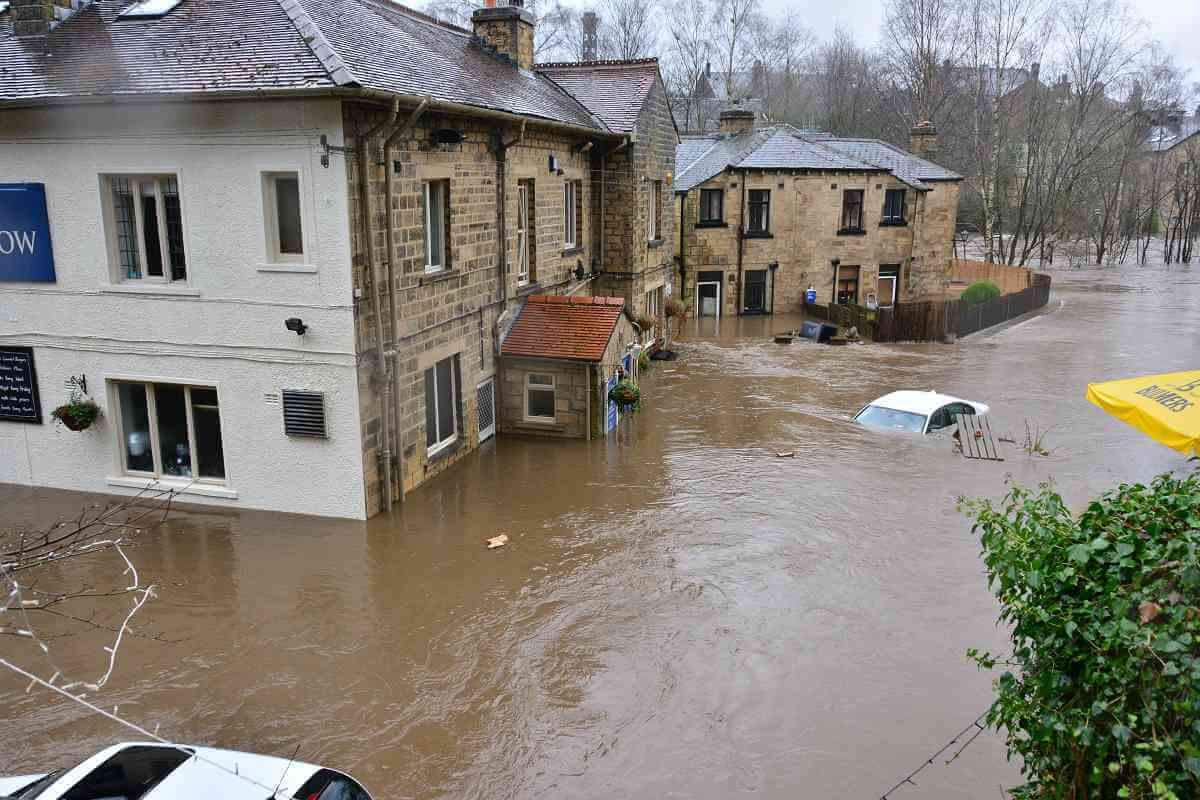The floods that wreaked havoc across Colorado in 2013 caused an enormous loss, over $2 billion worth. Many hold the notion that living outside high-risk flood zones means automatic immunity to risks. Unfortunately, such a belief can backfire, leaving them caught off guard and without coverage. Flooding is actually the second most common natural disaster in Colorado, right after wildfires.
The floods in 2013 caused damage and death. Here is a look back at the catastrophic event:
At least nine people were killed
The flood covered 4,500 square miles, or the size of more than 10 Rocky Mountain National Parks
The damage estimate reached nearly $4 billion
More than 19,000 people were evacuated and 3,000 had to be rescued
26,000 homes were damaged or destroyed
200 businesses were destroyed and 750 were damaged
485 miles of road were damaged or destroyed statewide, including U.S. Highway 34 in the Big Thompson Canyon
50 major bridges were damaged
There were 65 flash flood warnings
Economic Toll on Infrastructure and Property Loss
The most tangible impact of floods is the damage they inflict on infrastructure and property. Homes and businesses suffer, due to structural damage, ruined possessions, and plummeting property values. The financial burden of rebuilding and restoring is quite costly, often draining both personal and public funds.
Social and Human Costs
The cost of floods isn't solely monetary—it includes the social and human toll as well. Displacement of communities, loss of lives, and trauma inflicted upon survivors create a plethora of issues.
Investing in Prevention and Preparedness
At the end of the day, the cost of floods can reach far beyond what is expected. Understanding and acknowledging these costs emphasizes the importance of proactive measures to mitigate flood-related damages, making sure you are covered.
If you have any questions regarding Colorado flood insurance, please reach out to us at the office: 720.335.6872, or by email: [email protected].
